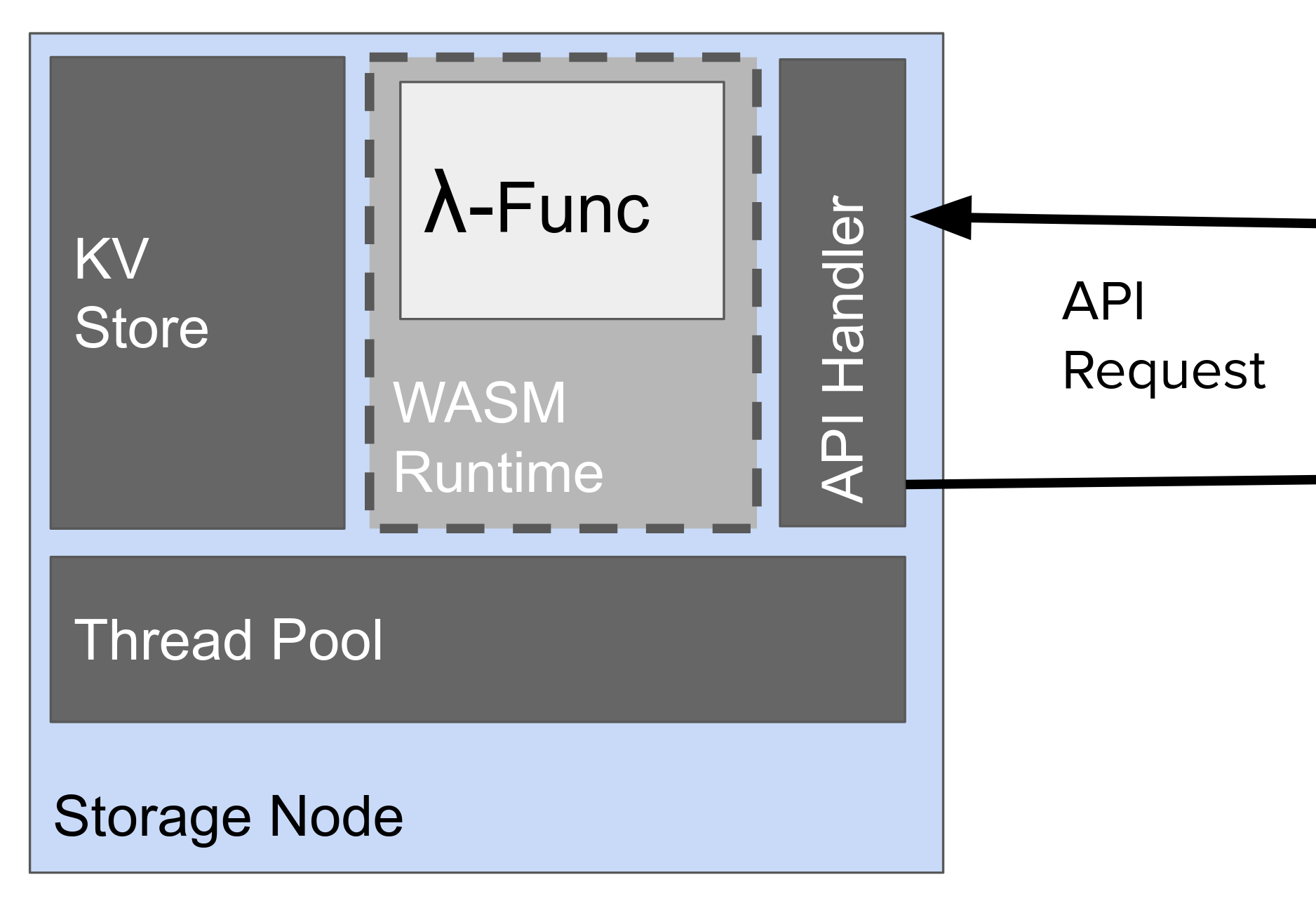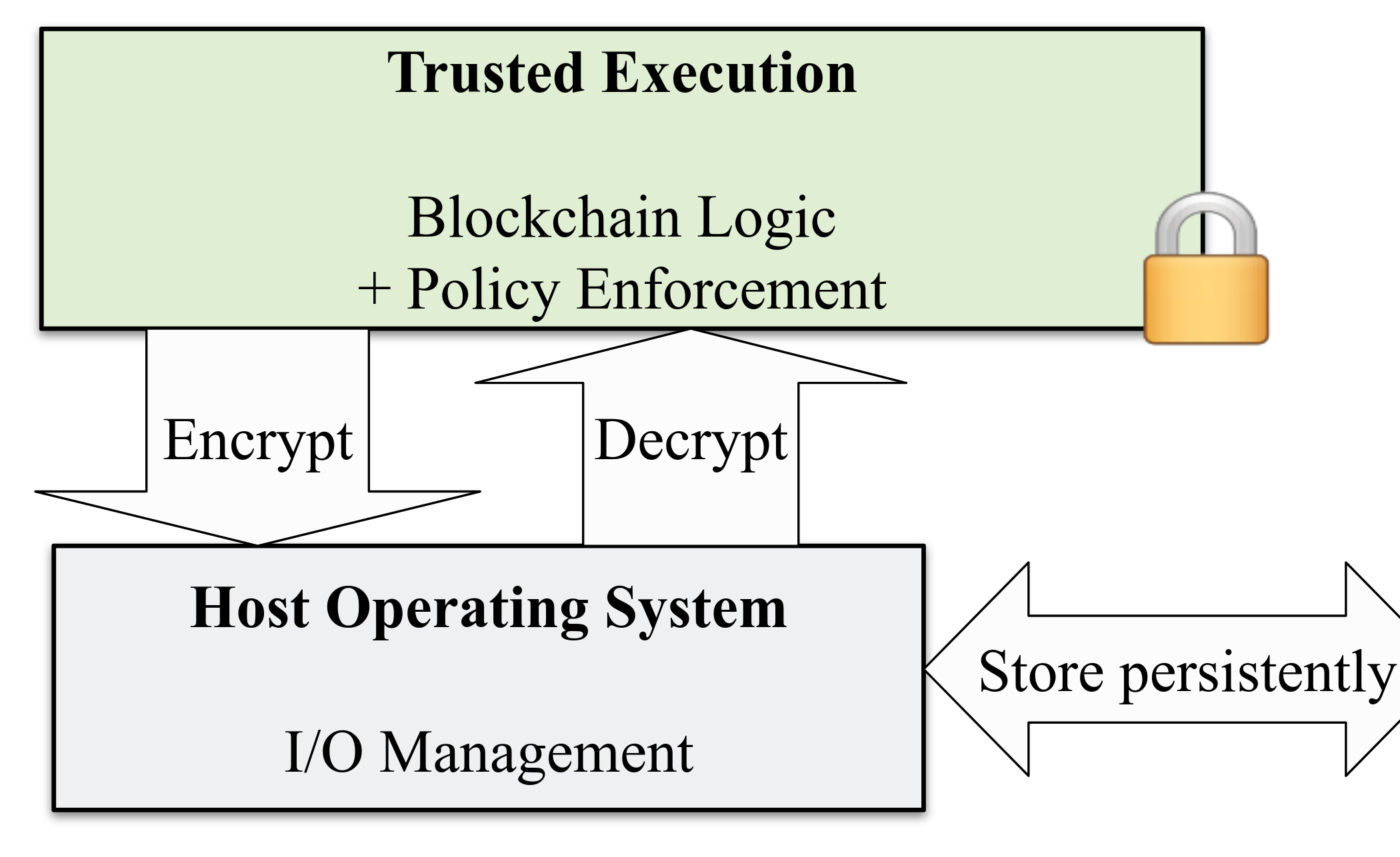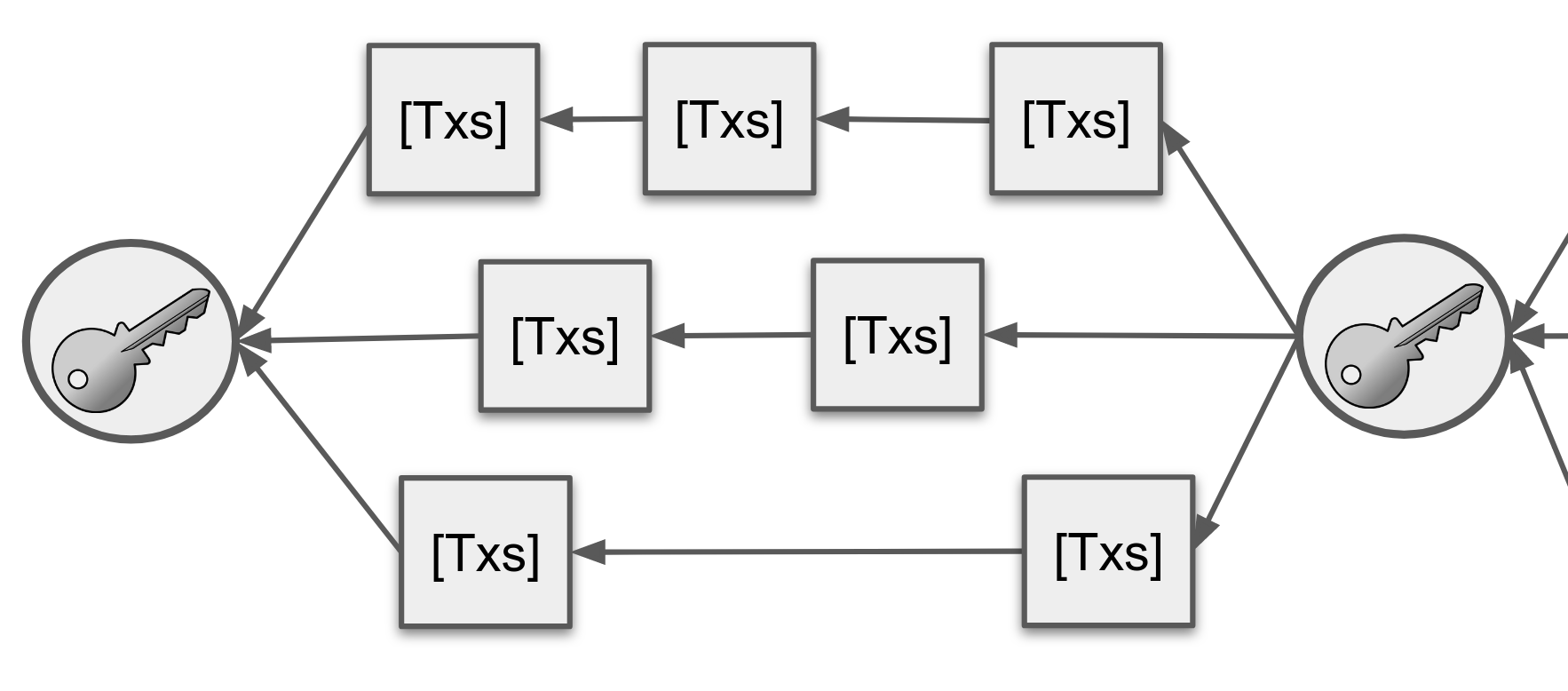I research and implement consensus protocols at Provable.
In the past I was a postdoc the University of Wisconsin in Madison working with with Andrea and Remzi Arpaci-Dusseau and briefly an Assistant Professor of Computer Science at San José State University.
I received my Ph.D. from Cornell University under the supervision of Gün Sirer. Even longer ago I was an undergraduate at University of Bamberg working with Udo Krieger.
Research
My past research focused on the scalability, integrity, and governance of web services. More concretely, I want to make it easier to build and deploy web applications, and give users control over how their data is being used and stored.
LambdaStore
In submission (see here for a publication on an earlier version of the project)

Current serverless platforms are inadequate for interactive applications, because their latencies are too high. Further, they only provide weak consistency due to the lack of transactional guarantees and simplistic recovery mechanisms.
LambdaStore is a new cloud computing platform that combines execution and storage to provide low latencies and strong consistency. The system relies on WebAssembly for efficient virtualization of functions.
This is joint work with Suyan Qu and Aditya Jain.
Autonomous Blockchains
Published in SysTEX '19. See here for the paper. The code is available on GitHub.

Blockchains provide strong fault tolerance even in the face of a malicious attacker. However, they are very inefficient due to massive replication of data and execution. Blockchains also make all data on their ledgers public by design (albeit some cryptography tricks exist to work around that).
FleetDB is a system that aims to find out how many guarantees of a blockchain can also be provided by a regular database executing in secure hardware, e.g., Intel SGX. It turns out we can provide all the safety guarantees of a blockchain. However, to guarantee liveness we still need to rely on a conventional blockchain. In addition, FleetDB provides computation on opaque data and access control policies to protect sensitive information.
This is joint work with Kevin Negy and Lequn Chen.
BitWeave
See a here for a technical report.

Blockchains generally do not scale well. One culprit for this limitation is that all operations need to execute sequentially. However, applying existing sharding techniques to blockchains can weaken their security.
BitWeave is a secure sharding mechanism for blockchains. It relies on audits mechanisms to maintain the same security a setup without sharding. The protocol is also significantly simpler and more flexible than other approaches for sharding blockchains.
This is joint work with Soumya Basu, Charles Yu, and Aaron Chao.
